Over 40 countries to partake in UN debate
A debate on ad-hoc international criminal tribunals will be held at the United Nations General Assembly in New York on Wednesday, April 10.
Monday, 08.04.2013.
12:54

NEW YORK A debate on ad-hoc international criminal tribunals will be held at the United Nations General Assembly in New York on Wednesday, April 10. More than 40 UN member-states have so far announced their participation. Over 40 countries to partake in UN debate Serbian President Tomislav Nikolic will be among many statesmen who will hold a speech at the meeting that will also touch on the work of The Hague Tribunal, it was announced earlier in Belgrade. As Tanjug learned from the team of UNGA President Vuk Jeremic, it is expected that the number of countries to partake will be even higher by Wednesday and that certain countries will engage in the debate on the very day of the conference. According to available data, the countries that will participate include: Russia, China, India, Argentina, Uruguay, Chile, Bangladesh, Egypt, South Africa and joint representative of the European Union. The speakers will also include representatives of Croatia, Turkey, Brazil, Switzerland, Pakistan, Columbia, Palestine and other countries. Formally, only Jordan has announced to boycott the meeting and its ambassador to the UN appealed to other countries to follow Jordan's steps, but this has been to no avail. UN Secretary General Ban Ki-moon also announced that he will take part in the debate and he should address the participants at the opening of the session, together with the UNGA president. The very organization of the meeting, which has been going on for several months, is followed by great pressures by those opposing the debate, which is why several high officials of international judicial institutions first accepted and then refused to come to the meeting. The UNGA president's office did not want to speculate about who is behind these pressures, but it is well-known that the United States and other leading Western countries are not enthusiastic about the idea of the UN discussing the work of The Hague Tribunal at a special session. Among those who first accepted the invitation and then suddenly changed their position are Kenneth Roth, the Executive Director of Human Rights Watch, Tina Intelmann, the President of the Assembly of states parties to the Rome Statute of the International Criminal Court and Song Sang-Hyun, the President of the International Criminal Court. President of the Hague Tribunal (ICTY) Theodor Meron also refused to take part in the conference. Several days ago, he told Tanjug's correspondent in Washington that the debate was scheduled as a reaction to certain rulings issued in The Hague and that this is why the question of compliance with the tribunal's decisions and the rule of law is being raised. The example of Judge Fausto Pocar, who voted against the acquittal of Croatian Generals Ante Gotovina and Mladen Markac, shows that The Hague has made sure that no judge or prosecutor appeared at the New York debate. In a letter to Jeremic, Pocar said that he had wanted to partake in the UN debate, but that he was thwarted, since the president of the war crimes tribunal in Uganda has scheduled a meeting of all judges and prosecutors in The Hague for April 10. Still, as Jeremic's team told Tanjug, around ten renowned American and other professors of the international law and experts on topics of war crimes court have confirmed attendance and do not intend to give up, regardless of the pressures. Jeremic's team still does not want to disclose any names, but said that they will officially announce who has applied for participation on Tuesday. The debate is a reaction to the decision of the ICTY Appeals Chamber to acquit former Croatian generals Ante Gotovina and Mladen Markac. In Jeremic's opinion, the acquittal struck a blow to the UN's reputation. On November 16, 2012, the Appeals Chamber acquitted Gotovina and Markac of a joint criminal enterprise in Operation Storm, whose purpose was to forcibly and permanently remove the Serb civilian population from the area of Krajina in Croatia. The operation carried out in the summer of 1995 left more than 2,000 Serbs killed, while 230,000 Serb civilians were expelled from the country. On November 29, 2012, the ICTY Trial Chamber acquitted of all charges Ramush Haradinaj, former commander of the so-called Kosovo Liberation Army (KLA) and his associates Idriz Balaj and Lah Brahimaj charged with crimes committed against Serb civilians in western Kosovo-Metohija in 1998. The trial was permeated by witness intimidation and elimination. Much before that, the Hague Tribunal acquitted one of the commanders of the Muslim army in Srebrenica, Naser Oric, whom the Serb entity, RS, holds responsible for crimes committed in eastern Bosnia and slaying of more than 3,000 Serbs during the civil war in Bosnia-Herzegovina. Serbs make up 95 percent of those charged by the ICTY for crimes committed in the wars fought on the territory of former Yugoslavia. According to the verdicts delivered so far, Serbs have been sentenced to more than 1,000 years in prison, whereas all indicted Croats, Muslims and Albanians were sentenced to a total of 50 years in prison. Tanjug
Over 40 countries to partake in UN debate
Serbian President Tomislav Nikolić will be among many statesmen who will hold a speech at the meeting that will also touch on the work of The Hague Tribunal, it was announced earlier in Belgrade.As Tanjug learned from the team of UNGA President Vuk Jeremić, it is expected that the number of countries to partake will be even higher by Wednesday and that certain countries will engage in the debate on the very day of the conference.
According to available data, the countries that will participate include: Russia, China, India, Argentina, Uruguay, Chile, Bangladesh, Egypt, South Africa and joint representative of the European Union.
The speakers will also include representatives of Croatia, Turkey, Brazil, Switzerland, Pakistan, Columbia, Palestine and other countries.
Formally, only Jordan has announced to boycott the meeting and its ambassador to the UN appealed to other countries to follow Jordan's steps, but this has been to no avail.
UN Secretary General Ban Ki-moon also announced that he will take part in the debate and he should address the participants at the opening of the session, together with the UNGA president.
The very organization of the meeting, which has been going on for several months, is followed by great pressures by those opposing the debate, which is why several high officials of international judicial institutions first accepted and then refused to come to the meeting.
The UNGA president's office did not want to speculate about who is behind these pressures, but it is well-known that the United States and other leading Western countries are not enthusiastic about the idea of the UN discussing the work of The Hague Tribunal at a special session.
Among those who first accepted the invitation and then suddenly changed their position are Kenneth Roth, the Executive Director of Human Rights Watch, Tina Intelmann, the President of the Assembly of states parties to the Rome Statute of the International Criminal Court and Song Sang-Hyun, the President of the International Criminal Court.
President of the Hague Tribunal (ICTY) Theodor Meron also refused to take part in the conference. Several days ago, he told Tanjug's correspondent in Washington that the debate was scheduled as a reaction to certain rulings issued in The Hague and that this is why the question of compliance with the tribunal's decisions and the rule of law is being raised.
The example of Judge Fausto Pocar, who voted against the acquittal of Croatian Generals Ante Gotovina and Mladen Markač, shows that The Hague has made sure that no judge or prosecutor appeared at the New York debate.
In a letter to Jeremić, Pocar said that he had wanted to partake in the UN debate, but that he was thwarted, since the president of the war crimes tribunal in Uganda has scheduled a meeting of all judges and prosecutors in The Hague for April 10.
Still, as Jeremić's team told Tanjug, around ten renowned American and other professors of the international law and experts on topics of war crimes court have confirmed attendance and do not intend to give up, regardless of the pressures.
Jeremić's team still does not want to disclose any names, but said that they will officially announce who has applied for participation on Tuesday.
The debate is a reaction to the decision of the ICTY Appeals Chamber to acquit former Croatian generals Ante Gotovina and Mladen Markač. In Jeremić's opinion, the acquittal struck a blow to the UN's reputation.
On November 16, 2012, the Appeals Chamber acquitted Gotovina and Markač of a joint criminal enterprise in Operation Storm, whose purpose was to forcibly and permanently remove the Serb civilian population from the area of Krajina in Croatia.
The operation carried out in the summer of 1995 left more than 2,000 Serbs killed, while 230,000 Serb civilians were expelled from the country.
On November 29, 2012, the ICTY Trial Chamber acquitted of all charges Ramush Haradinaj, former commander of the so-called Kosovo Liberation Army (KLA) and his associates Idriz Balaj and Lah Brahimaj charged with crimes committed against Serb civilians in western Kosovo-Metohija in 1998. The trial was permeated by witness intimidation and elimination.
Much before that, the Hague Tribunal acquitted one of the commanders of the Muslim army in Srebrenica, Naser Orić, whom the Serb entity, RS, holds responsible for crimes committed in eastern Bosnia and slaying of more than 3,000 Serbs during the civil war in Bosnia-Herzegovina.
Serbs make up 95 percent of those charged by the ICTY for crimes committed in the wars fought on the territory of former Yugoslavia.
According to the verdicts delivered so far, Serbs have been sentenced to more than 1,000 years in prison, whereas all indicted Croats, Muslims and Albanians were sentenced to a total of 50 years in prison.










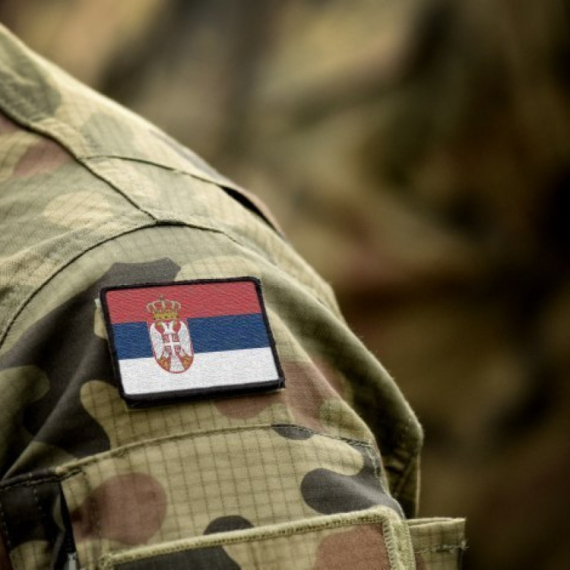

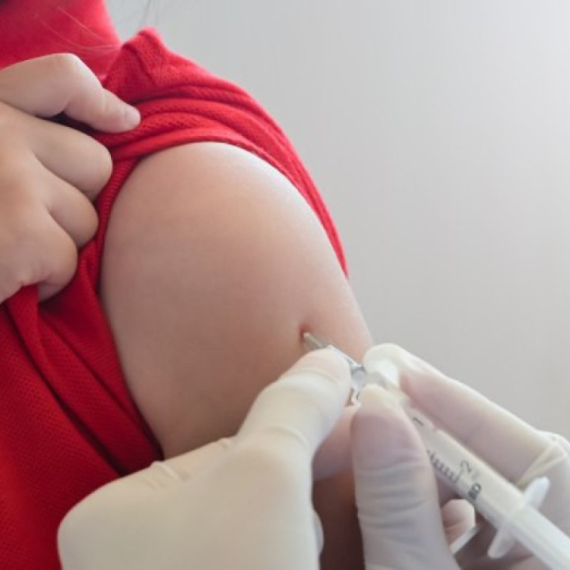
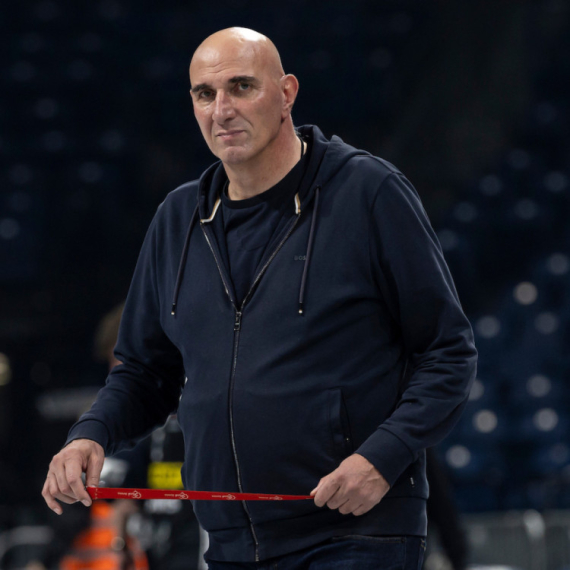
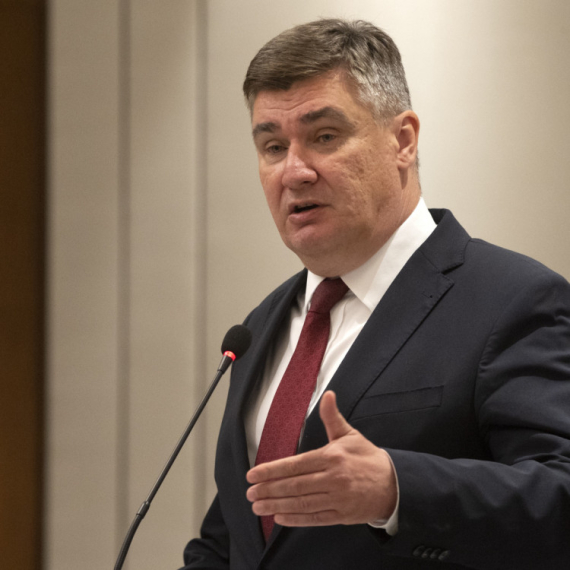


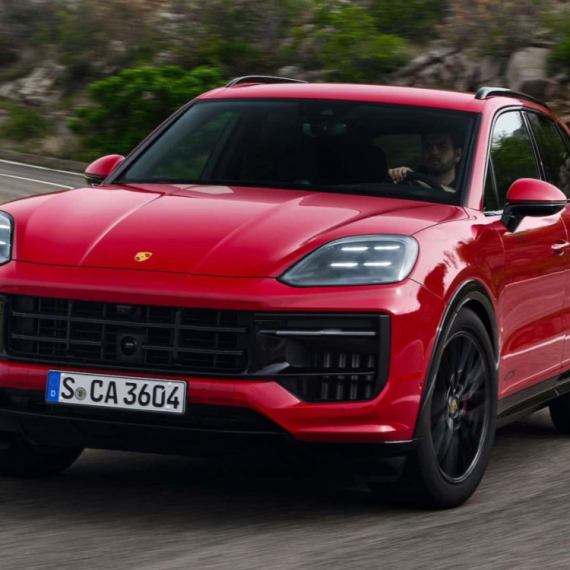



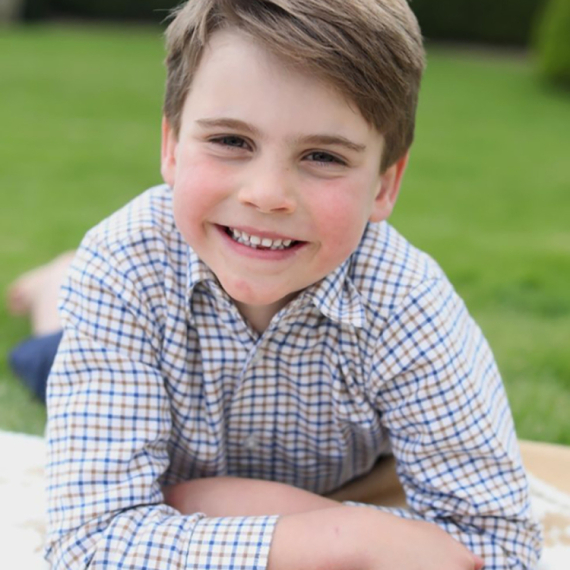
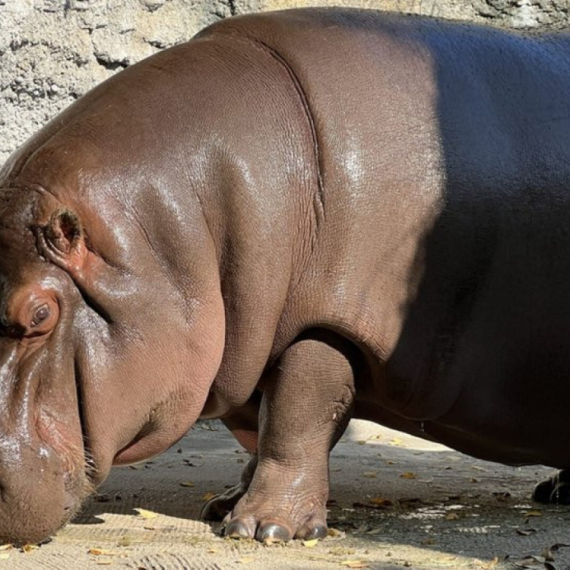
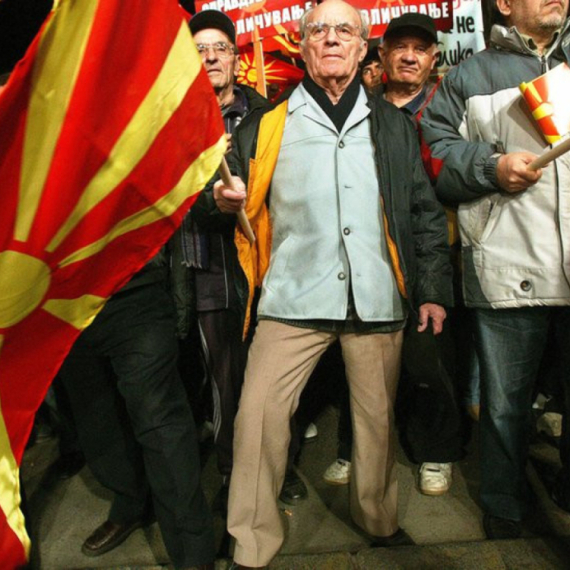
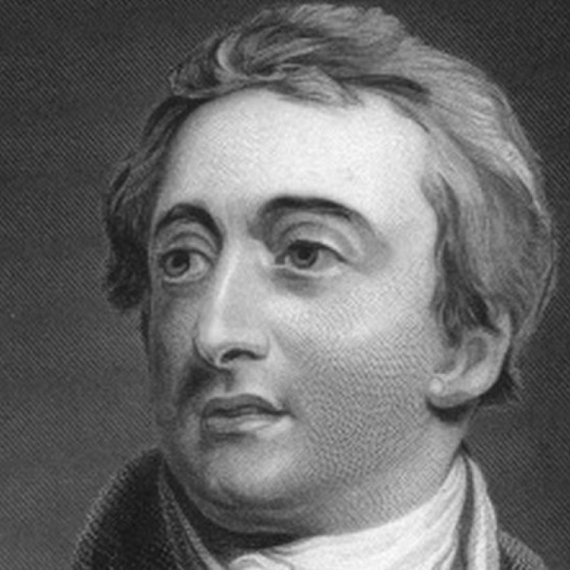

Komentari 18
Pogledaj komentare